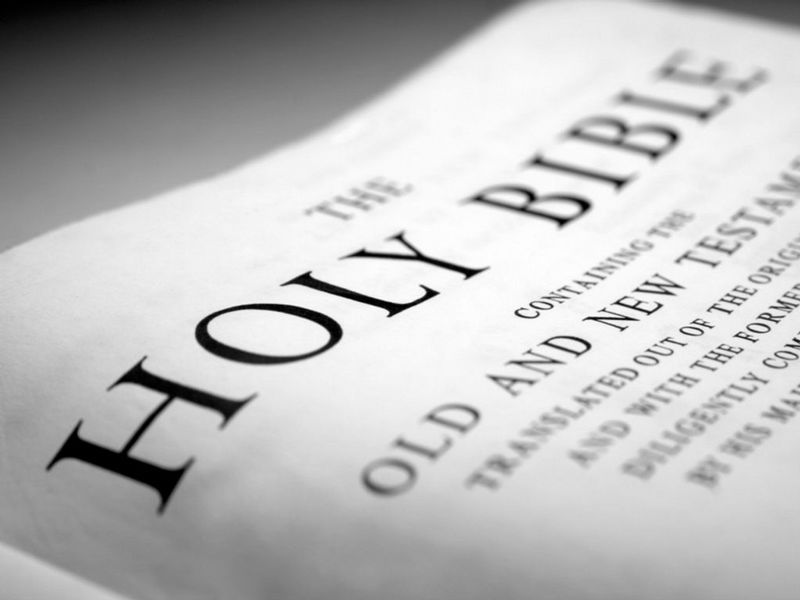Inerrancy
 I remember the day in the 1990s I jumped online to browse seminary websites. It was a research project with profound consequence!
I remember the day in the 1990s I jumped online to browse seminary websites. It was a research project with profound consequence!
I was a teenager part way through Bible College. I was poor and desperately wanting to be married - so I was thinking hard about my professional future. I had some level of interest in pastoral ministry but also some big questions. That day I browsed the mission statements of Princeton and Yale and others seminaries looking for a clear statement of their institutional stance on the Bible. I was sorely disappointed. Lots of requests for money (no tuitions rates) but nothing (that I found) clearly presented what these institutions believed about the Book of books!
After browsing for a bit, I surfed to my own denomination's seminary website. There a quote from the president caught my eye. He said this seminary was "without apology, committed to the Bible as the inerrant Word of God." Seeing that word - inerrancy - on that website on that day impacted me intellectually. I am thankful that letter is still there and hope it will stay posted for the next 200 years!
What is unusual about such a statement on a seminary website? The more I've studied, the more I've understood the remarkable assault upon the church of Jesus Christ during the past two centuries. It was a sophisticated, academic assault on the notion of Truth as a legitimate supra-cultural category. It challenged the notion that the God of heaven and earth has actually spoken once-for-all in the words of Scripture. This assault had profound implications about how the church thought about meaning, and purpose, and authority. Its purported goal was to "demythologize" Christianity. Its practical effect was to unnerve large swaths of the Church about the sufficiency of God's Word.
So how should the 21st century church think about the Holy Bible? The answer is both simple and sublime: we ought to think about the Bible the way the Bible thinks about itself! Specifically, we should respect the Apostolic witness that the Text is "breathed out by God" (2 Timothy 3:16). We ought not be offended by the mystery in the eyewitness statement that "men spoke from God as they were carried along by the Holy Spirit" (2 Peter 1:21). We ought to sit in reverent awe when (some 3,808 times in the OT alone) Scripture informs us that "the Lord said." We ought to be humble enough to receive a "high view" of Scripture from men like Augustine, who famously declared that "it is not allowable to say, 'The author of this Book is mistaken'; but either the manuscript is faulty, or the translation is wrong, or you have not understood."
This was the same view of Martin Luther, and of many others. More recently godly Christian men labored to craft the Chicago Statement on Inerrancy, which has helped countless people work through their doubts about Scripture. Thankfully, a host of resources are available today for those wrestling to work out their salvation (Phil. 2:12-13) in this important area.
So be careful what voices you receive into your soul. Ultimately the question of inerrancy turns on the question of the truthfulness of the Bible. If it is what it claims to be, it is the voice of God in the world.
In 1887 Arthur T. Pierson edited the papers of the Bible Inspiration Conference in Philadelphia. He observed that in every age:
"It is not strange that upon the Word of God all the forces of the foes of Christianity should be massed. If confidence in that Word can be undermined; if, by subtelty and sophistry, its infallible inspiration made be made to appear like an old wives' fable or groundless tradition; if in any way men may feel at liberty, like Jehudi (Jeremiah 36:23), to use a penknife on the sacred roll and cut out of it whatever is offensive to the proud reason or the wayward will of the natural man the Devil will have achieved his greatest triumph."
